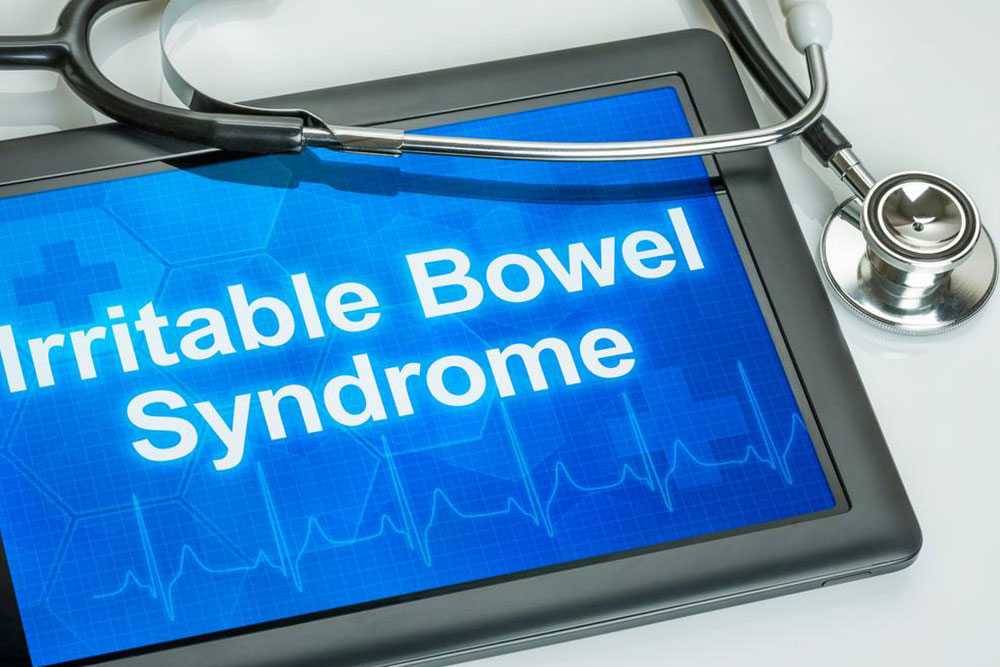Recognizing Key Signs of IBS
This article highlights the key symptoms of Irritable Bowel Syndrome (IBS), including abdominal pain, constipation, bloating, and mucus in stool. Recognizing these signs early can assist in timely diagnosis and treatment. The piece emphasizes the importance of consulting healthcare professionals for proper care and management of this common digestive disorder.

Recognizing Key Signs of IBS
Irritable Bowel Syndrome (IBS) impacts approximately 25 to 45 million Americans annually, predominantly affecting women. It commonly occurs in individuals aged late teens to early 40s. IBS presents with abdominal discomfort or pain and irregular bowel habits, often resulting in diarrhea or constipation. Understanding the symptoms is essential for early detection and effective management.
Abdominal Discomfort
A hallmark symptom includes persistent or intermittent pain in the lower abdomen, often accompanied by cramping.
The discomfort typically intensifies after eating and eases after bowel movements. Nighttime pain can also occur, sometimes becoming severe.
Intense Constipation or Diarrhea
Episodes of severe constipation, diarrhea, or alternating between both are common. Stool consistency may vary significantly from normal.
Excess Gas and Bloating
Excessive gas production leading to bloating creates significant discomfort for sufferers.
Changes in Stool Appearance
Mucus in stool and, in some cases, the presence of blood are frequent symptoms, which may require medical attention.
In some cases, rectal bleeding indicates a more serious condition needing urgent care. Women often notice intensified symptoms aligned with their menstrual cycle. Significant weight loss may also occur in severe cases. IBS tends to be a long-term condition that can occasionally worsen. Early detection through symptom recognition is crucial for prompt treatment and relief. Consulting healthcare professionals is recommended for accurate diagnosis and management.
Note:
This article provides general information about IBS symptoms and management. It should not replace professional medical advice. Always consult qualified healthcare providers for diagnosis and treatment options.










